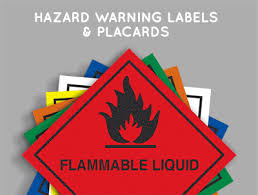Explanation:
Incoterms serve as definitions for various terms used in international trade and ensure that all contract language is consistent across borders. They specify who is accountable for paperwork, packing expenses, loading and unloading expenses, transportation expenses, insurance expenses, etc.

Explanation:
Dangerous goods (DG), sometimes known as hazardous cargo, are substances, materials, and items that are categorized under the International Maritime Dangerous Goods (IMDG Code) as having combustible, corrosive, toxic, or other characteristics;
Correct answer:
come with peace
Explanation:
Non-delivery Coverage Policies protect against the failure of government-owned or private suppliers to deliver the ordered items and then fail to return or reimburse the insured's advance payment. The risks that are covered resemble contract frustration policies.
Correct answer:
True
Explanation:
A marine surveyor is a person who conducts inspections, surveys, or examinations of marine vessels to assess, monitor, and report on their condition and the products on them as well as inspect damage caused to both vessels and cargo. They may also be referred to as "yacht & small craft surveyors," "hull & machinery surveyors," and/or "cargo surveyors."
Explanation:
The Exclusive Economic Zone, often known as the EEZ, is a line that enables nations to control the natural resources in the oceans that are inside their "boundaries" for both fishing and non-fishing sectors. The exclusive economic zone is the area where the United States and other coastal nations have control over natural resources, according to NOAA.